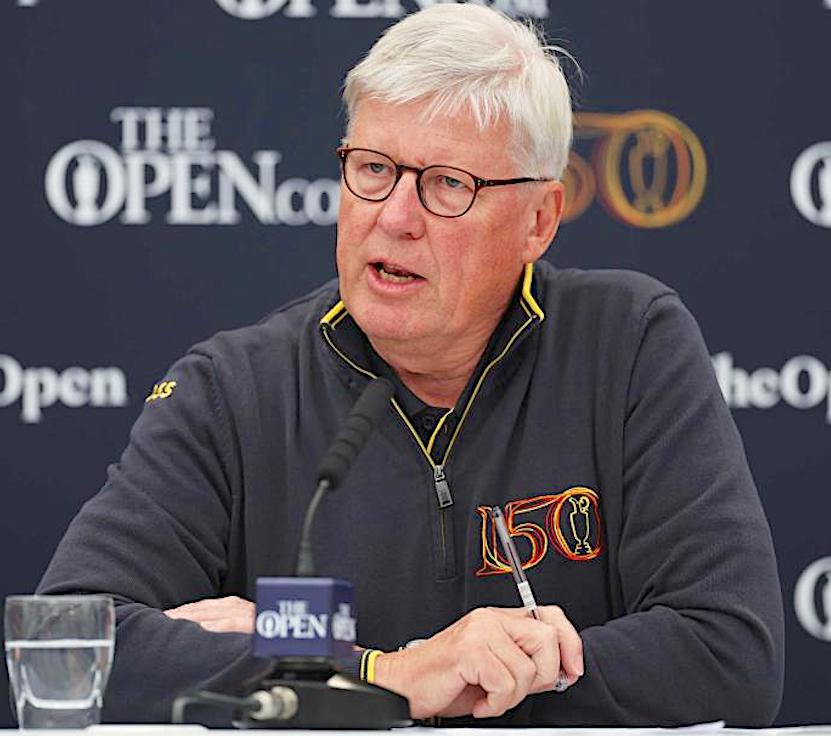Spending by golfers in the United Kingdom grew 20% in five years according to an independent report funded by The R&A.
The Sport Industry Research Centre paper (SIRC), which was due to be presented to All-Party Parliamentary Group for Golf today, found that in 2019 £5.1bn was spent on golf, the equivalent of £964 per adult player.
The growth of the sport since 2014 is reflected in a real terms spending increase of 8% after accounting for inflation. The highest areas were members’ fees (£1.4bn), golf equipment and clothing (£1bn), green fees (£526m) and accommodation (£484m). Overall, golf was responsible for 10% of the £51bn spent by consumers on sport in the UK.
Sports Minister Stuart Andrew MP said: “Golf makes a fantastic contribution to the economy, supporting thousands of jobs across the country and having proven wider societal benefits too.
“I am pleased that golf’s economic contribution has increased with the sport having a positive impact in local communities for those that play the game as well as for the tourism, hospitality and construction sectors.
“Whether it’s playing a round at the local course, making a pilgrimage to St Andrews, or going to watch The Open, millions of people enjoy this great sport. I wish The R&A the best of luck for the future in its mission to continue to grow the game.”
The Sheffield Hallam University study also reported that the UK golf industry employed 63,826 full-time equivalent (FTE) employees in the UK, which represents an 18% growth in real terms since 2014.
Golf clubs employed nearly 20,000 (19,914 FTE), with notable golf-related employment found in tourism and accommodation (8,274 FTE), golf equipment retailing and manufacturing (7,591 FTE) and construction (4,994 FTE).

The direct effects of inbound golf tourism to the UK also resulted in Ј338m for the economy, which is equivalent to a GVA of £139m and supporting 3,328 FTE jobs.
In 2019, The 148th Open at Royal Portrush was the largest sporting event ever held in Northern Ireland and generated over £100m in economic benefit for the host region.
R&A CEO Martin Slumbers said: “These results show that golf’s contribution to the economy is significant and continues to rise. We are seeing the benefits of a thriving club sector driven by the spending of millions of golfers and a growing influence on the success of other industries such as tourism and hospitality. Its increasing popularity in recent years means that we would expect the figures to be even higher today.
“Golf is not only good for the economy, it is also good for the health of the country. The positive health and wellbeing benefits from playing golf are already well documented and this new research shows that it can deliver social value and contribute towards making people healthier and happier throughout their lives.”

Related: GB&I golf participation surges by more than 265,000
The reports were authored by Professor Simon Shibli and Professor Larissa Davies of Sheffield Hallam. The data used in the reports are derived from the 2019 System of National Income Accounts, the most recent available in the UK.
Shibli added: “The Government’s strategy for sport, Sporting Future, asks sports organisations to consider how they contribute to the economy.
“The R&A has shown great leadership by measuring the economic value of the golf industry in both 2014 and 2019.
“The evidence shows that golf is a sizeable component of the sport industry and has grown significantly during the life of Sporting Future. Government benefits from the growth in the golf industry with tax receipts of Ј1.3bn in 2019 from VAT; taxes on wages and profits; and business rates.”
